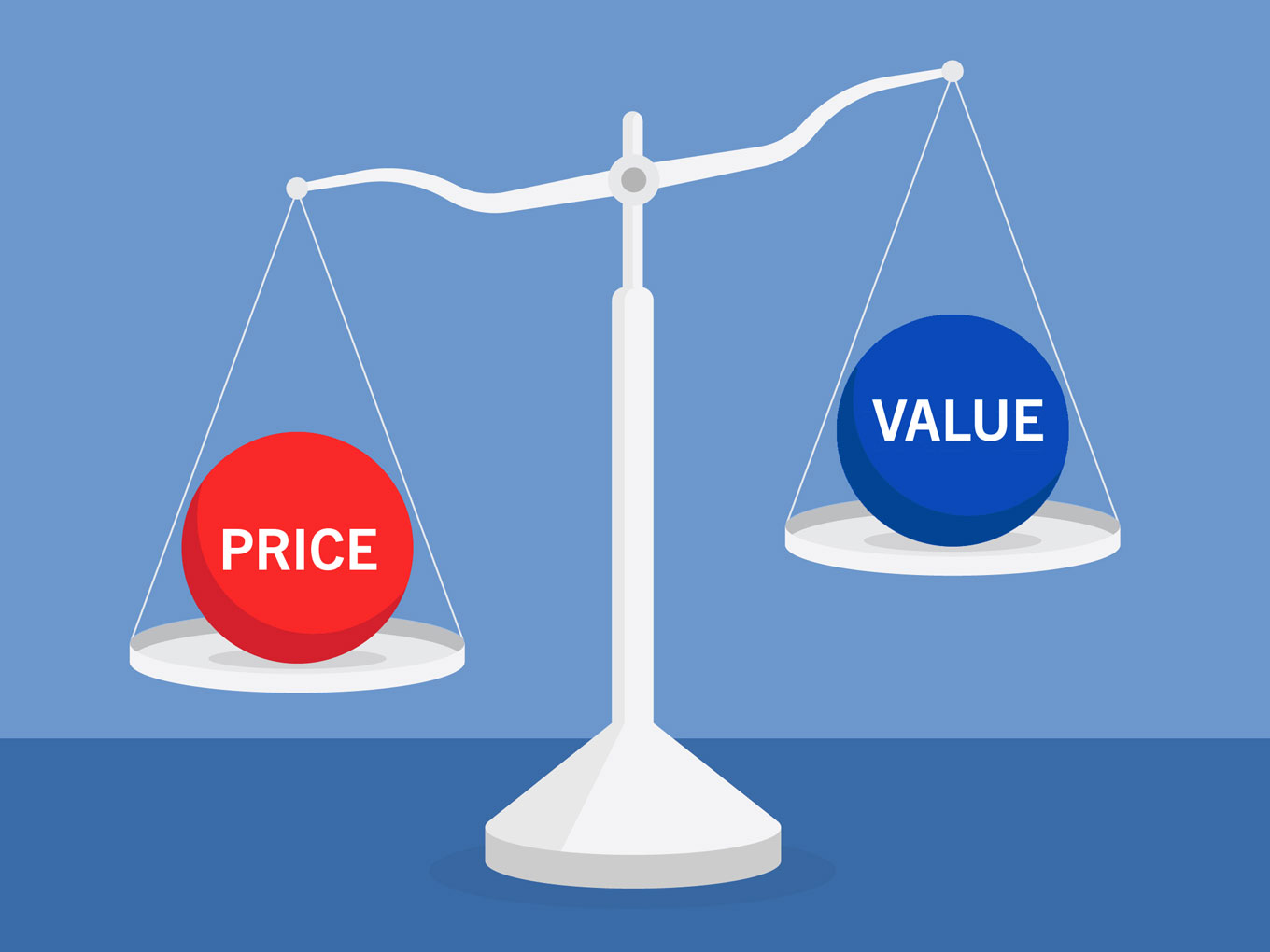
What is Value-Based Care and Why is it Important for Employers to Understand it?
A different approach and plan solution to match

More than perhaps anyone, employers feel the pinch of the rising cost of health care. As a result of the increasing portion of their expenses it consumes, they are adamant about getting more for their money and often expect health plans to deliver this relief. However, finding a solution has to do with the philosophical format of health care itself, and a different plan model altogether that capitalizes on the more realistic of two formats.
Value-Based vs. Fee-for-Service
The underlying format in health care is derived from one of two basic approaches. In the “old” fee-for service model, providers are paid based on how many services they deliver to patients. This model was found to be inadequate by many, as there is no emphasis on the effectiveness of services given.
Conversely, value-based care focuses on the quality of those services determined by patient health results. In this model, providers are incentivized for quality outcomes and preventive measures that can identify disease in its early stages. By making healthier lifestyle choices to begin with, a much more proactive approach to medicine is set in motion.
Value-based care also goes further by taking into consideration social determinants of health (SDOH), shown to have an enormous impact on patient illness and recovery. Organizations and providers that subscribe to value-base care address SDOH through care coordination, which provides an extra level of support for patients in areas such as medication adherence, follow-up, and behavioral health.
The employer angle
It’s not difficult to conclude that employers can benefit from healthier employees. Managing chronic diseases can be costly, time-consuming, and can increase claims. Because value-based care models concentrate on patients recovering from illnesses faster and avoiding chronic disease, employees may require fewer doctor’s visits and take less time off from work.
When considering health plans for their employees, employers may benefit from a different type of plan; one that is aligned with the value-based philosophy. Many employers are looking at self-insured plans that work directly with a provider – such as a large health system – rather than with an insurance company. Called “direct contracting,” this kind of approach eliminates the extra “layer” of a third party and puts plan design and administration in the hands of the employer and provider.
Most importantly, direct-to-employer health care builds a close connection between the employer and the health system. Practitioners share information through electronic medical records, they are continually informed about their patient panels through analytic data, and they are held accountable for patient outcomes. This is an essential difference that give employers the advantage.
The benefits trickle up (and down)
From healthier patients and better outcomes to closer provider-patient relationships, the benefits of value-based care combined with direct contracting can be significant. Since risk is spread across the entire employee or patient population, healthier people lead to fewer claims and there is less drain on premium pools and investments. This aspect is what ultimately can drive end-user costs down and accounts for the “value” in value-based care.
In its simplest form, value-based care is about spending more effort on preventive care and less time and money managing chronic disease, costly hospitalizations, and medical emergencies. As health care expenditures inch toward 20% of the Gross National Product,* everyone wants to find a solution. So far, value-based care – combined with direct contracting – offers a promising step toward reducing overall costs and improving the patient/employee experience.
*https://www.cms.gov/Research-Statistics-Data-and-Systems/Statistics-Trends-and-Reports/NationalHealthExpendData/NHE-Fact-Sheet#:~:text=Historical%20NHE%2C%202020%3A,20%20percent%20of%20total%20NHE
Gain control over employee health care by going directly to the source



